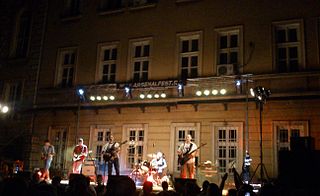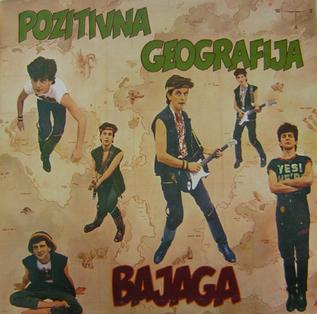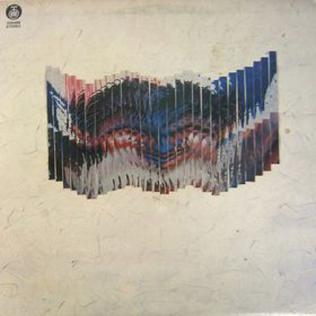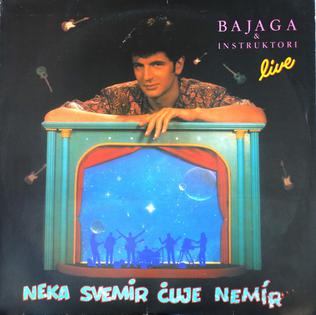
Bajaga i Instruktori are a Serbian and Yugoslav rock band formed in Belgrade in 1984. Founded and led by vocalist, guitarist and principal composer and lyricist Momčilo Bajagić "Bajaga", the group is one of the most notable acts of the Yugoslav rock scene.

Dejan Cukić is a Serbian rock musician, journalist, writer and translator.

Momčilo Bajagić, better known under pseudonym Bajaga, is a Serbian rock musician. He is best known as the leader of the Serbian and former Yugoslav rock band Bajaga i Instruktori, as well as a former member of the rock band Riblja Čorba.

Riblja Čorba is a Serbian and former Yugoslav rock band formed in Belgrade in 1978. The band was one of the most popular and most influential acts of the Yugoslav rock scene.

Babe is a Serbian rock band formed in Belgrade in 1992.

Bezobrazno Zeleno was a Yugoslav rock band formed in Belgrade in 1980.

"Kad hodaš" is a single from Serbian and former Yugoslav rock band Riblja Čorba.

Nojeva barka is the fourteenth studio album from Serbian and former Yugoslav rock band Riblja Čorba, released in 1999.

Pozitivna geografija is the 1984 debut album from Serbian and former Yugoslav rock band Bajaga i Instruktori, released in 1984. Originally released as Momčilo Bajagić "Bajaga"'s solo album, the album was later included in Bajaga i Instruktori's official discography, as Bajagić recorded it with musicians with which he would later form Bajaga i Instruktori.

Sa druge strane jastuka is the second studio album from Serbian and former Yugoslav rock band Bajaga i Instruktori, released in 1985. Although it is the first album released under the name Bajaga i Instruktori, Sa druge strane jastuka is considered Bajaga i Instruktori second studio album by the band themselves.

Jahači magle is the third studio album from Serbian and former Yugoslav rock band Bajaga i Instruktori, released in 1986.

Prodavnica tajni is the fourth studio album from Serbian and former Yugoslav rock band Bajaga i Instruktori, released in 1988.

Neka svemir čuje nemir is a double and the first live album by Serbian and former Yugoslav rock band Bajaga i Instruktori, released in 1989.

Četiri godišnja doba is an EP from Serbian and former Yugoslav rock band Bajaga i Instruktori, released in 1991.

Od bižuterije do ćilibara is the sixth studio album from Serbian and former Yugoslav rock band Bajaga i Instruktori, released in 1997.

Zmaj od Noćaja is the seventh studio album from Serbian rock band Bajaga i Instruktori, released on 8 October 2001. The name of the album refers to the name of a street in Belgrade. The street itself was named after Stojan Čupić, also known as Zmaj od Noćaja, a hero from the First Serbian Uprising.

Best of Live is the second live album by Serbian rock band Bajaga i Instruktori, released in 2002.

Šou počinje u ponoć is the eight studio album from Serbian rock band Bajaga i Instruktori, released in 2005.

Daljina, dim i prašina is the ninth studio album from Serbian rock band Bajaga i Instruktori, released in 2012.
Rockovnik is a forty-episode documentary aired on Radio Television of Serbia in 2011, written by Sandra Rančić and Dušan Vesić and directed by Vesić. The series focuses on the history of former Yugoslav rock scene from its beginnings in the late 1950s until the year 2000. The name of the show is a bilingual pun based on the words "rock" and "rokovnik".



















